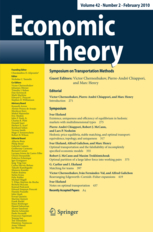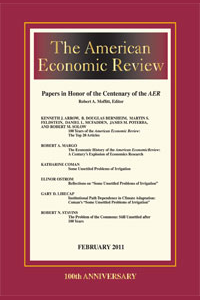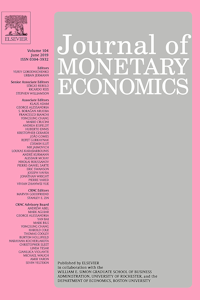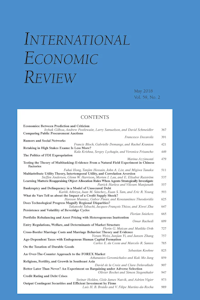
Alexopoulos, J. and  Cavalcanti, T. V. D.
Cheap home goods and persistent inequality
Economic Theory
Vol. 45(3) pp. 417-451 (2010)
Abstract: There exists a large literature which shows that public education is favorable for growth because it increases the level of human capital and at the same time it tends to produce a more even income distribution. More egalitarian societies are also associated with less social conflicts, and individuals have a lower tendency to report themselves happy when inequality is high. Therefore, it is important to study the reasons why the elite opposes the development of a strong public education system. It might be that education is related to social status and a strong public education system might threaten the elite's political power. We show that one aspect of social status is the specialization of skilled workers in high-paid jobs and the abundance of unskilled workers in the production of cheap 'home goods' in the market, such as painting and cleaning a house, babysitting, and/or cooking. We emphasize the role of general equilibrium price adjustments to show that depending on the level of
JEL Codes: J13, O11
Author links: Tiago Cavalcanti



